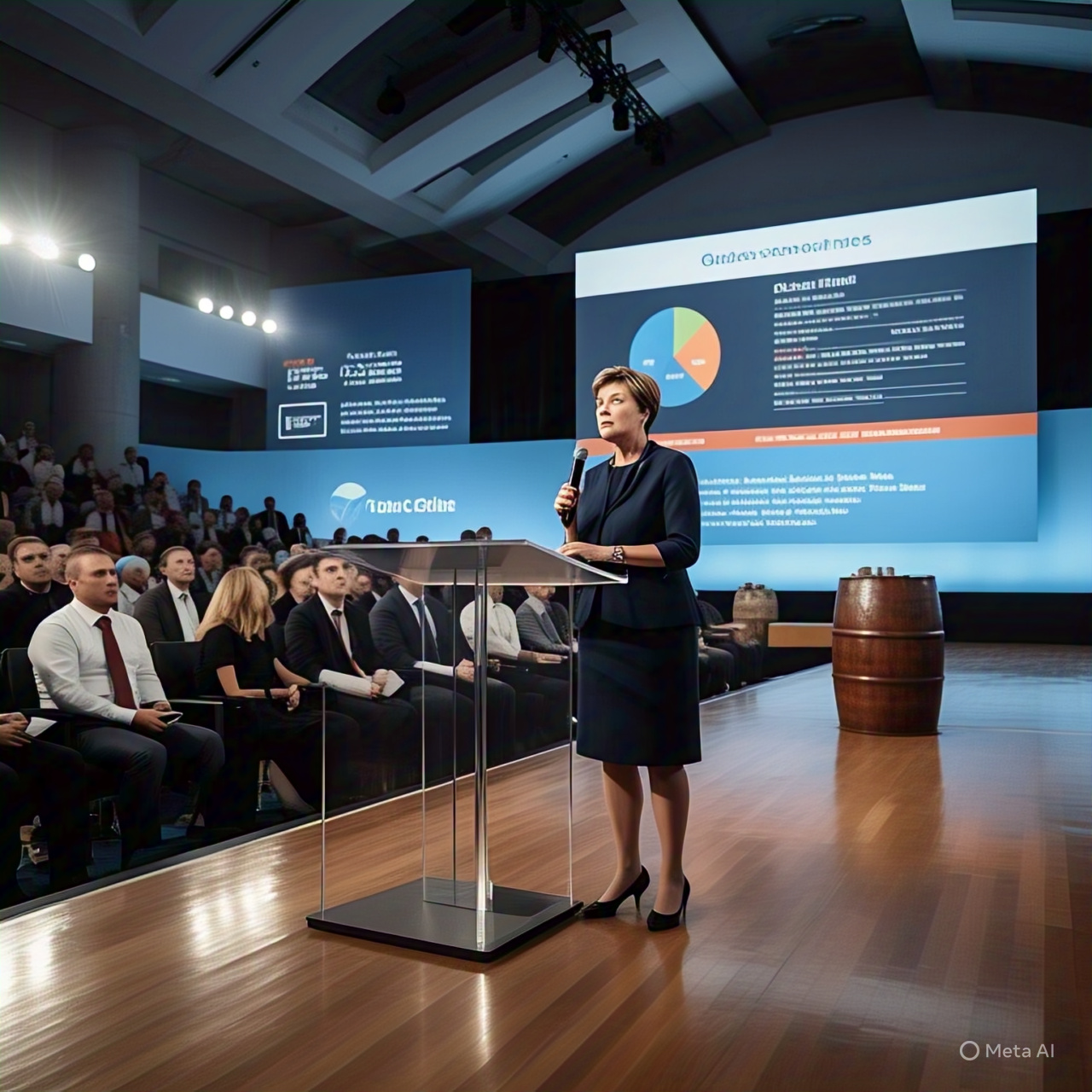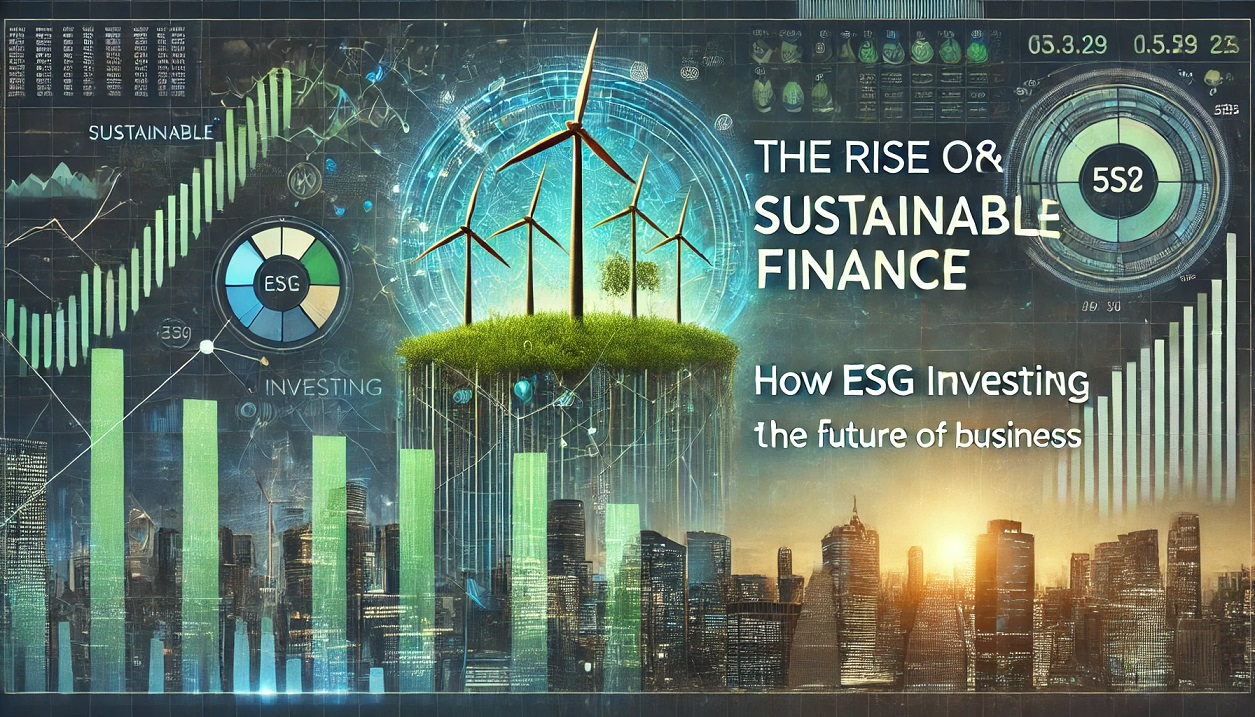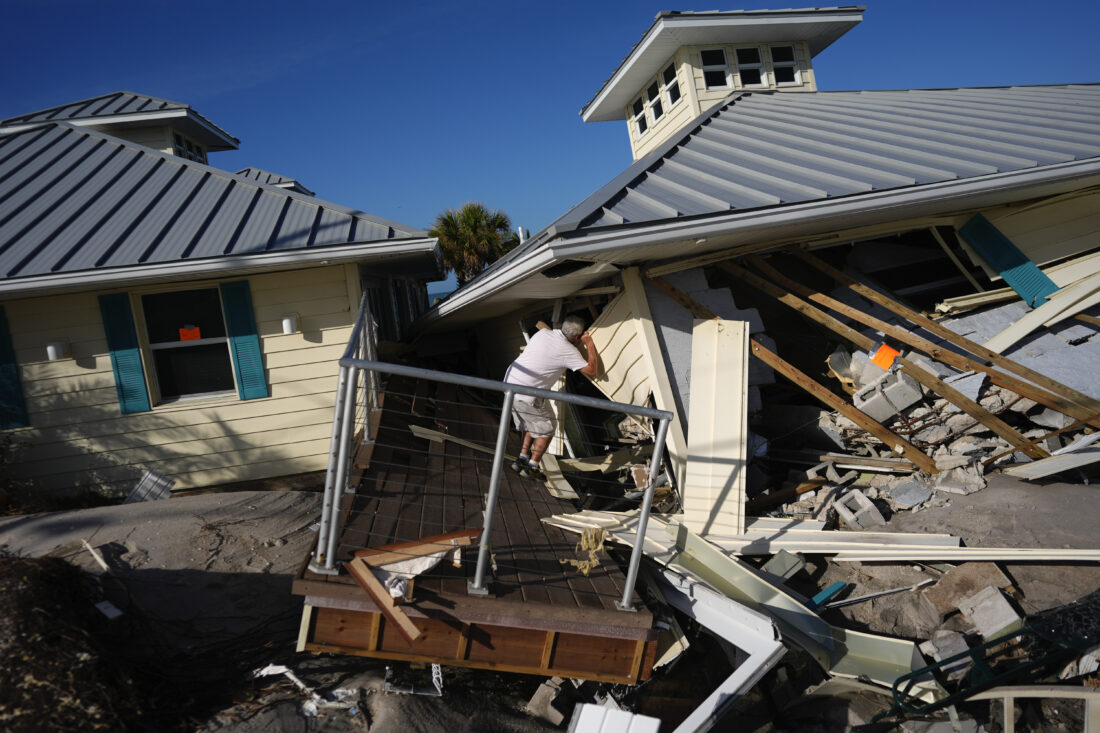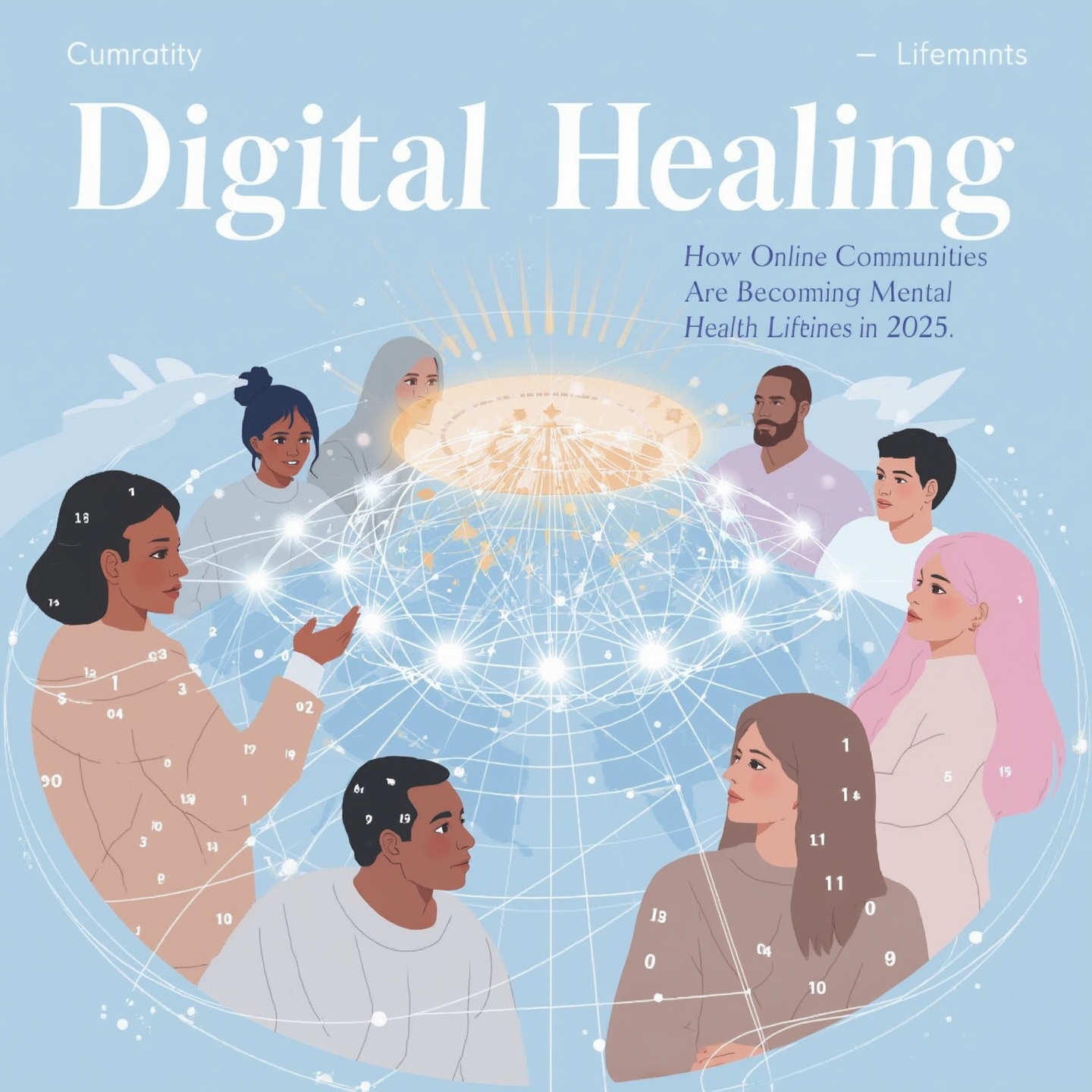⚠️ A Warning From the Top
The head of the International Monetary Fund (IMF), Kristalina Georgieva, has issued a strong warning after US airstrikes hit Iran’s nuclear facilities, leading to a major jump in global oil prices. She said that the situation carries serious risks for the global economy, especially if tensions keep growing or the oil supply is disrupted.
Oil markets reacted fast. Brent crude oil prices surged to $81.40 per barrel, reaching the highest point in five months. Even though prices later dropped slightly, the damage was done. Investors and economists are now watching closely as inflation fears return, and central banks may be forced to rethink their future plans.
🌐 Why This Situation Matters Globally
The recent US airstrikes in Iran have added fuel to an already fragile global economy. Iran’s parliament responded by pushing for the closure of the Strait of Hormuz, a narrow but extremely important waterway through which about 20% of the world’s oil travels daily.
Although Iran’s top leaders have not yet given the final green light, even the threat of closing the Strait has made energy markets nervous. The IMF chief emphasized that this is not just about oil prices — it’s about the stability of trade, inflation control, and overall economic confidence.
She warned that if this crisis continues or worsens, we may see global growth slow down, more uncertainty in financial markets, and higher costs in almost every sector — from transport to food.
💹 Oil Prices Shoot Up: What It Means for Everyone
The biggest market reaction came in the form of rising oil prices. After the news of US military action, Brent crude jumped more than 4%. For people outside the finance world, that means higher petrol prices, rising transportation costs, and more expensive goods overall.
Oil isn’t just used for cars or factories — it powers everything from shipping and airplanes to food supply chains and logistics. So, if oil gets expensive, everything else becomes more costly, too.
This has raised fresh fears of inflation at a time when many countries were just starting to see relief from last year’s high prices.
📊 Impact on Inflation and Interest Rates
For months, economists were hopeful that central banks might soon start cutting interest rates to support slowing economies. But now, with oil prices climbing again, those rate cuts might be delayed.
Every time oil prices jump by $10 per barrel, it usually adds 0.2% to inflation and cuts global economic growth by 0.5%. That’s a big deal for countries already struggling with slow recovery after the COVID years and recent wars.
Now, central banks — like the US Federal Reserve, the Bank of England, and the European Central Bank — are under pressure. If they cut rates too soon, they might fuel inflation again. If they don’t cut, then business growth might suffer.
📉 Investors Turn Cautious
Financial markets are showing signs of worry. Stock markets in Asia opened lower, especially in Japan and Australia. The US dollar gained strength, which often happens when investors feel nervous and want safer options.
People are moving their money into safe assets like gold, bonds, and cash. Meanwhile, energy stocks have started rising, as traders expect oil companies to benefit from higher prices.
But the overall message from the market is clear: nobody is relaxed. Investors are waiting to see what happens next — especially with Iran, the Strait of Hormuz, and how world leaders respond.
🇮🇷 Iran’s Role in the Crisis
Iran has been in the spotlight before when it comes to global oil tension. In the past, they have seized oil tankers, harassed commercial ships, and threatened to block oil routes when political situations worsened.
This time, their parliament has voted in favor of shutting down the Strait of Hormuz, but the actual decision lies with their Supreme National Security Council, headed by Ayatollah Khamenei. So far, they haven’t made a final call.
If Iran goes through with the closure, the effects could be massive. Oil prices might shoot above $100 per barrel, and global supply chains could face weeks or even months of delay. The IMF chief’s warning is based exactly on that scenario — a full-blown energy shock that could ripple through every economy on Earth.
🔮 What Could Happen Next?
Right now, there are three possible outcomes. Each one has very different consequences:
1. Iran steps back: If diplomacy works, and Iran decides not to close the Strait, oil prices might fall again, and inflation fears could ease. Central banks might go ahead with their original rate cut plans.
2. Partial disruption: Iran might not fully block the Strait, but could harass ships or cause shipping delays, creating uncertainty and higher costs for a while. Markets would remain unstable.
3. Full closure: If Iran goes all in and shuts the Strait of Hormuz, oil could jump to $110–$120 per barrel or higher, inflation could return sharply, and central banks might pause or even raise interest rates again. This could trigger a global recession.
📣 What the IMF Says We Should Prepare For
The IMF isn’t just warning governments — it’s also signaling to businesses, investors, and consumers. According to Georgieva, this is a moment to be alert but not panicked.
She says governments should monitor energy markets closely, manage strategic oil reserves, and avoid policy mistakes. For investors, the key is to stay diversified and be ready for sudden changes in asset prices.
The IMF may also revise its global economic forecasts soon. Many expect lower growth estimates, especially if the situation in the Middle East doesn’t calm down in the next few days.
📌 Key Takeaways
Energy volatility is back. One regional military strike has shaken global markets and sent oil prices to multi-month highs.
Inflation worries are real. If oil remains high, everyday prices could rise again, making life harder for families and businesses.
Interest rates might stay higher for longer. Central banks may delay cuts or rethink their strategies.
Iran holds the cards. Whether the global economy stumbles or stabilizes now depends heavily on what Tehran does next.
Geopolitics and markets are tightly connected. What happens on one side of the world can hit everyone, from fuel stations in Europe to grocery stores in Asia.
🧭 Final Thought from Sam
The world economy is now walking a thin line — caught between hopes of recovery and fears of a new energy crisis. The IMF’s warning is not just a headline; it’s a signal to leaders and businesses alike to tread carefully in the days ahead.
As oil prices shift and global risk rises, this moment could define the direction of global growth, financial policy, and market strategy for the rest of 2025.
Stay informed, stay alert, and prepare for rapid changes — because the economic winds are shifting fast.

















Comments 0